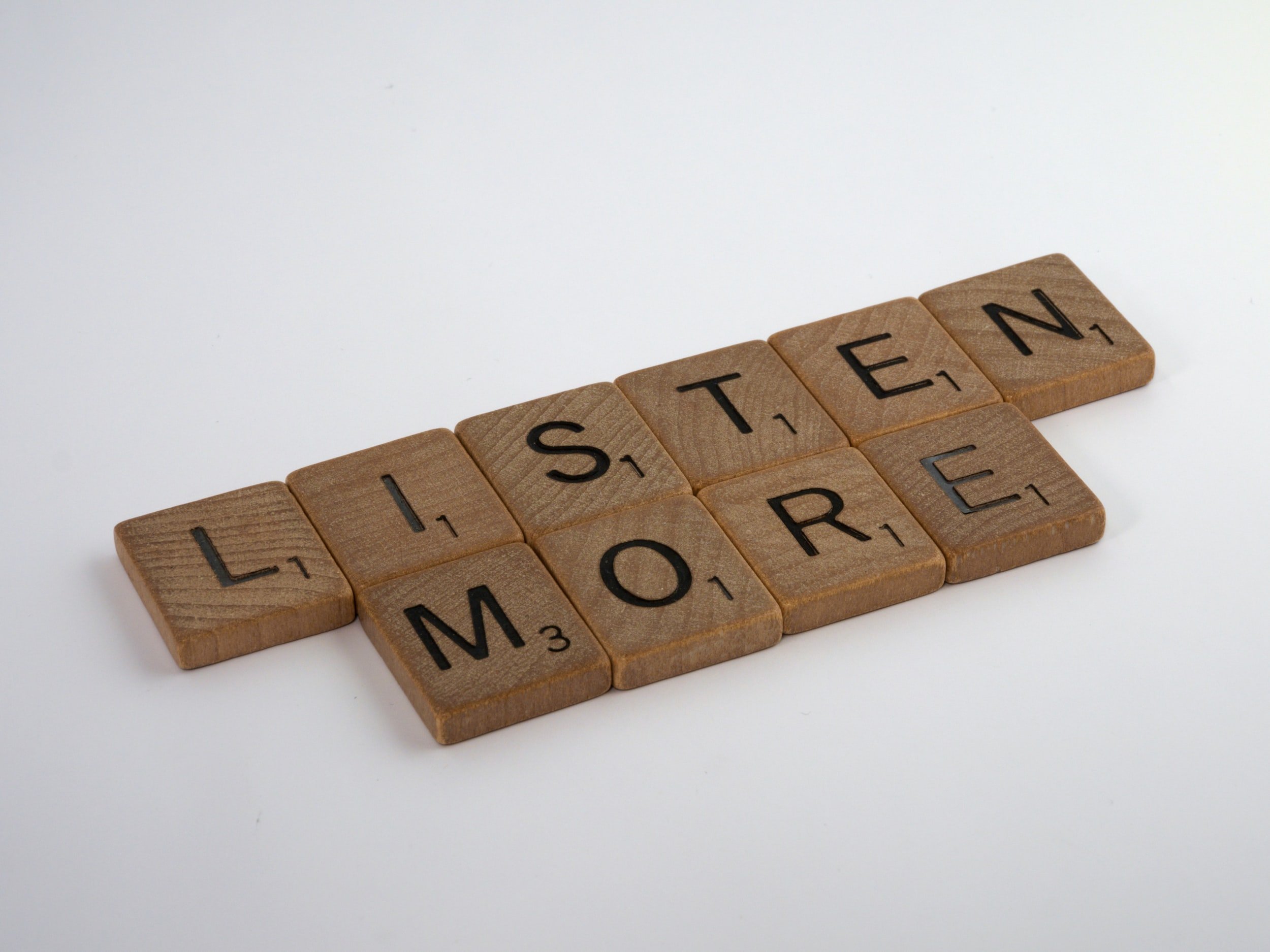It’s the time of year where the daylight is dwindling and the chill in the air disincentivizes adventuring outside of the house as much. In other words, it’s a perfect recipe for heightened depression. As we’ve discussed in a recent blog post, the holiday season is a particularly stressful one for most people. If you’re struggling with your depression these days, you’re not alone. These tips are not solutions but hopefully they’ll serve to make you more resilient against your depression.
1) Get outside
Easier said than done considering the chill in the air but one of the most important ways to care for yourself year-round is by getting outside. Sun and fresh air won’t solve all your problems, but it will do you a world of good to get outside of your house, especially if your depression is making you struggle to stay on top of chores.
2) Determine a realistic level of social commitments
The holiday season can get dizzying with the amount of demands it brings. You might find yourself wanting to say yes to everything but that’s a recipe for burn out. It’s tough but essential to find the balance between socializing enough so you’re not isolated, without socializing so much that you burn out. Only you can determine where your limit is.
3) Ensure that you’re eating and sleeping enough
Like the other tips, this is important year-round but becomes even more important when you’re expecting a particularly stressful time in your life. When you’re running on fumes because you’re sleep deprived or hungry, you won’t be able to function at your best. Here are some foods that are suggested for winter blues.
4) Loop in your loved ones
Consider talking to a few trusted loved ones about your depression to shore up your support system. Perhaps they can plan to check in on you once a week, help you stay on top of commitments and chores, or just come keep you company once in awhile.
If you feel like nothing you’re trying to address your depression is working or if you feel unsafe, consider seeing a professional if it’s accessible to you. We hope you enjoy your holiday season as much as possible!







































